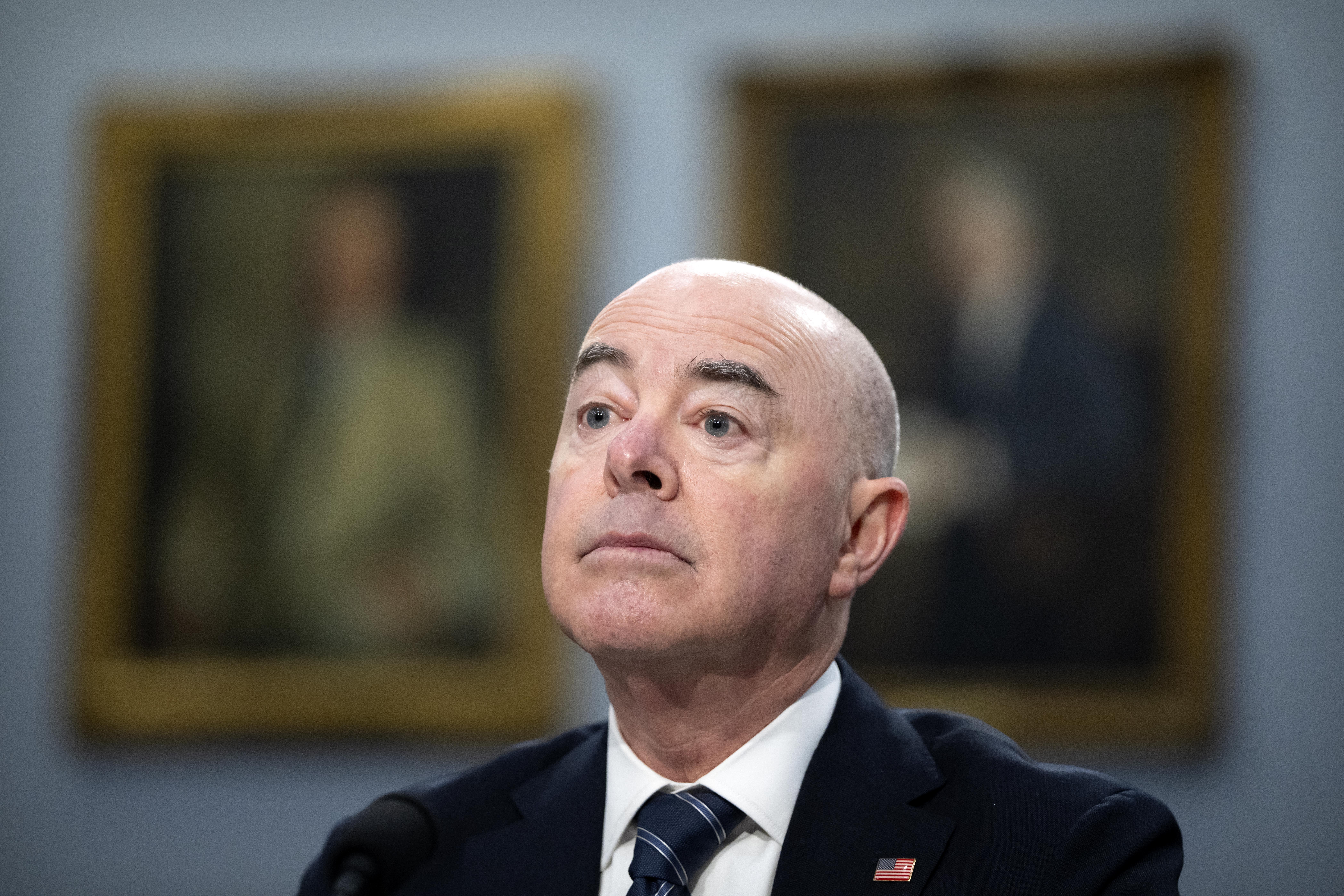In the new film The Hunger Games, children are forced to hunt each other in a dystopian (thanks, Jerry Brown!) future, all for the entertainment of the wealthy.
I would love to apply a possible metaphor from this tale to California's political moment, but there are simply too many metaphors to choose from.
So let's leave it at this: Molly Munger has nothing on those kids in the Hunger Games.
The wealthy civil rights lawyer is sponsoring a tax-hike ballot initiative that shapes up as a major problem for Gov. Brown, unions and Democrats who have just united around a compromise tax-hike ballot initiative of their own.
If she doesn't drop her measure, she'll find herself on the business end of an unrelenting campaign of personal attack. Heck, the chairman of the state Democratic party already has joked about the possibility of a hit squad being sent out for Munger. Ha ha.
But does she deserve such scorn? No more than Brown, the unions and other backers of the compromise measure.
Both initiatives are profoundly flawed initiatives that don't do very much for schools or the state's budget problems. And both initiatives will consume vast amounts of time and money -- when elites, Democratic and otherwise, should be focusing on building a movement to fix California's broken system.
U.S. & World
News from around the country and around the globe
But with all that understood, a simple comparison of the measures suggests that, if you're still inclined to raise taxes and you're worried about schools, Munger's proposal probably gives you more of what you want (even if that's not very much). Consider three aspects:
1. Munger's tax proposal is not as temporary. Both are temporary taxes -- a dodge at a time when the state needs structural tax reform. But the compromise initiative taxes don't last very long -- 4 years for sales, 7 years for income. Munger's tax lasts for 12 years.
2. Munger's proposal has more shared sacrifice in it. Her proposal would raise taxes more on the rich than the poor -- but would raise them a little bit on everybody. The bulk of the compromise initiative is to soak the rich. That's fair, given the fact that the rich keep getting wealther, but it's also problematic in that it adds volatility to California's revenues. Volatility, of course, can be good--if it's part of a disciplined budget system with a real rainy day fund. But, of course, the people backing the compromise measure are the same people who keep delaying a ballot measure to establish a larger rainy day fund for the state.
3. Munger's proposal sends money directly to school districts, while the money in the compromise measure would go directly into the broken state budget system. Now, there are all kinds of problems with Munger's detailed approach, which amounts to ballot box budgeting. And it's quite possible that the passage of a measure like Munger's would simply give state officials more reason to cut into other forms of school funding. But at the same time, the compromise measure almost certainly won't spare the schools from more cuts either.
Yes, this is damning with faint praise. But even faint praise is hard to muster in California right now.
Let us know what you think. Comment below, send us your thoughts via Twitter @PropZero or add your comment to our Facebook page.



